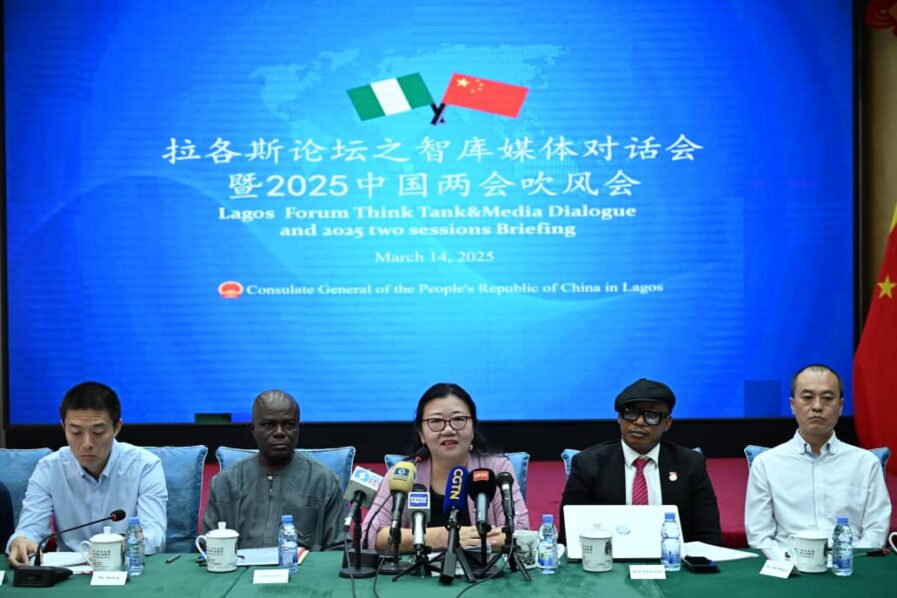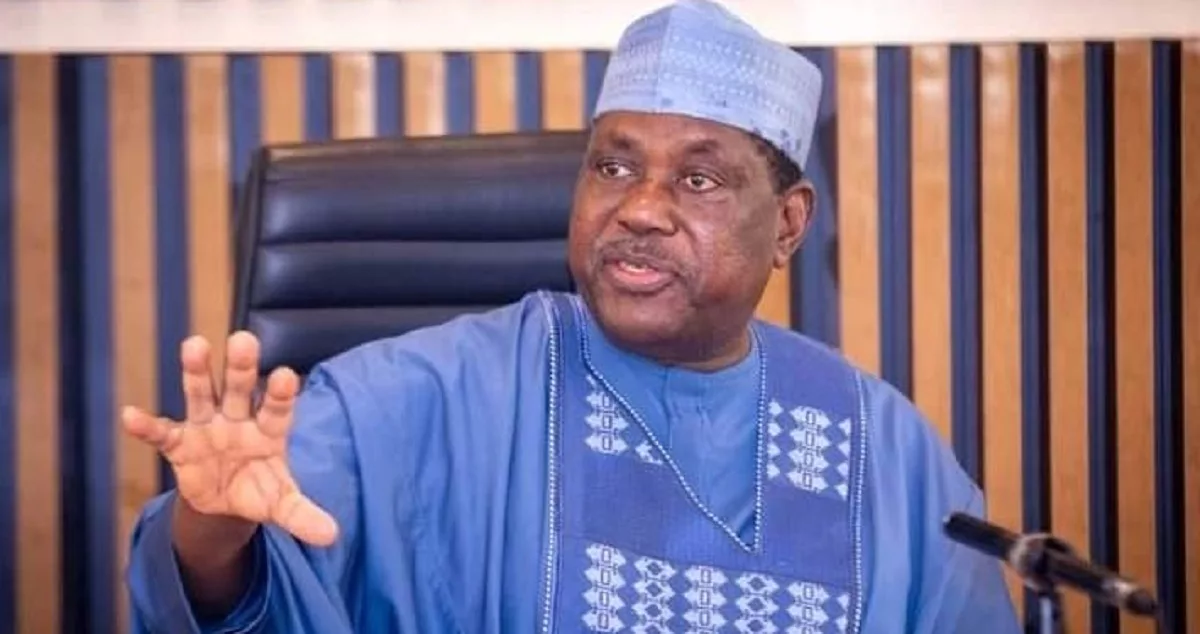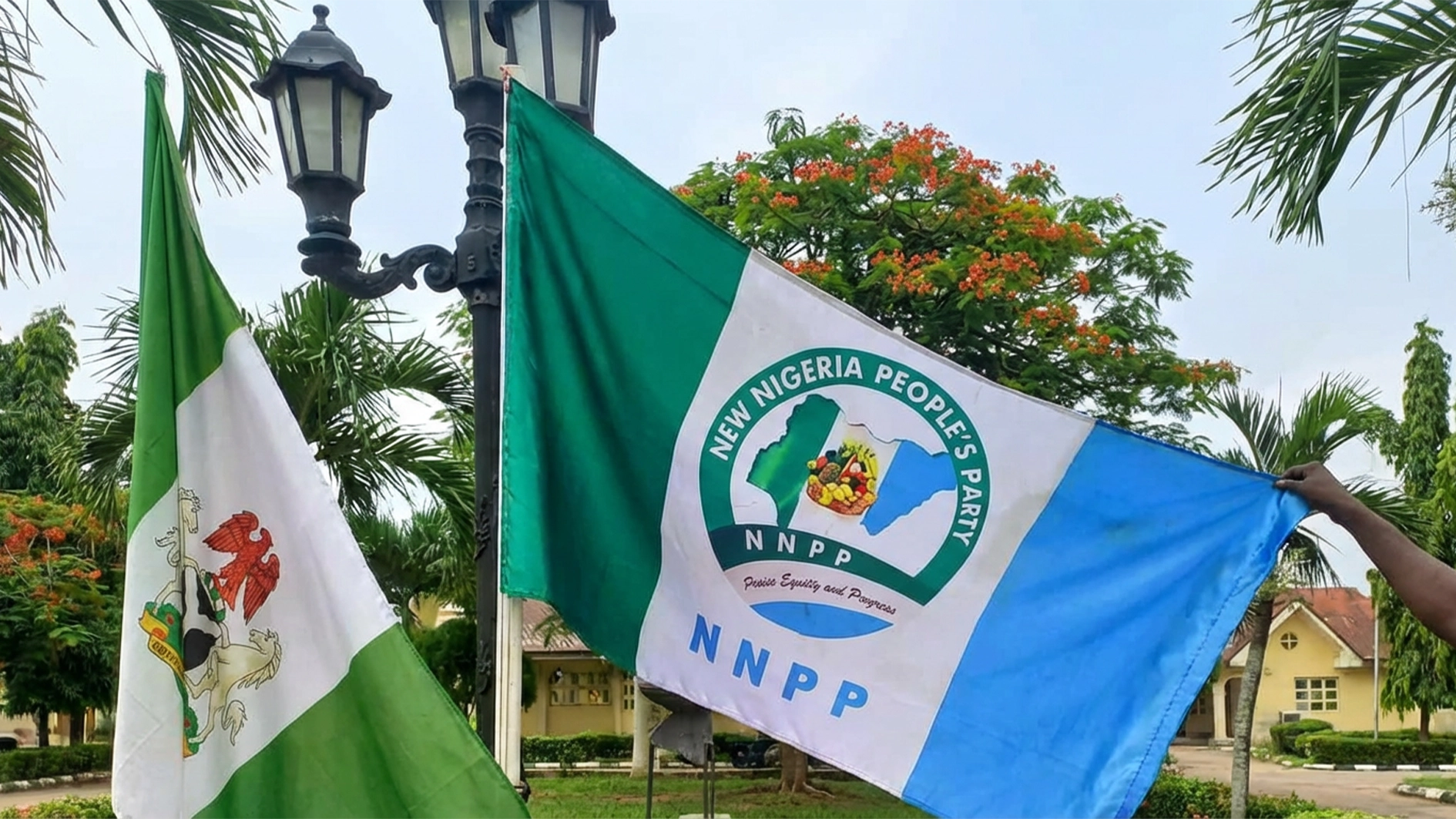
Amid profound shifts in global geopolitics, China has reaffirmed its commitment to international cooperation and stability, as highlighted by members of the Political Bureau of the CPC Central Committee and Foreign Minister Wang Yi.
Addressing key issues, Wang underscored China’s diplomatic achievements in 2024 and outlined the country’s vision for global governance, regional partnerships, and sustainable development.
Emphasising head-of-state diplomacy, Yi pointed to President Xi Jinping’s proactive role in fostering global cooperation, hosting high-level summits, and strengthening ties with key international partners. “China’s diplomacy remains steadfast in upholding justice, peace, and fairness,” Yi stated, noting that China’s approach is rooted in mutual respect and shared development.
On China-Africa relations, Yi described Africa as a “fertile land of hope in the 21st century,” stressing that global modernisation is incomplete without Africa’s growth.
He urged international stakeholders to support Africa’s self-reliance and economic empowerment. Similarly, China’s relations with the Global South were highlighted as a cornerstone of international development, with Wang reaffirming China’s solidarity with emerging economies in addressing global challenges.
The foreign minister also addressed sensitive geopolitical topics, including Taiwan, the South China Sea, and China’s relationship with major global powers. He reiterated that Taiwan is an inalienable part of China and criticised external interference in the region. On China-Russia relations, he emphasised non-alliance and non-confrontation as guiding principles, while calling for peace negotiations in the ongoing Ukraine crisis.
In technology and innovation, Yi reaffirmed China’s determination to overcome external restrictions, emphasising the country’s commitment to scientific breakthroughs and global knowledge-sharing. “Where there is blockade, there is breakthrough; where there is suppression, there is innovation,” he declared.
Consul General of the People’s Republic of China to Lagos, Yan Yuqing, speaking during the Lagos Forum Think Tank and Media Dialogue and 2025 Two Sessions Briefing held over the weekend, explained that in the third session of the 14th National People’s Congress in Beijing, Li emphasised that China aims for an economic growth rate of around five per cent, with a focus on job creation, inflation control, and fiscal stability.
The government report detailed plans to achieve a surveyed urban unemployment rate of approximately 5.5 per cent while creating over 12 million new urban jobs. It also projected an increase of around 2 per cent in the consumer price index. To support these goals, China has set a deficit-to-GDP ratio of about 4 per cent, reflecting a one-percentage-point increase from the previous year.
As part of its fiscal strategy, China will issue 1.3 trillion yuan (US$182 billion) in ultra-long special treasury bonds, marking a 300 billion yuan increase from last year. An additional 500 billion yuan will be allocated to support major state-owned commercial banks in replenishing capital.
Furthermore, the government plans to issue 4.4 trillion yuan in local government special-purpose bonds, primarily for infrastructure projects, land acquisitions, and overdue payments to enterprises.
To stabilise key markets, Li noted that China would leverage monetary policy instruments to provide targeted support for the real estate and stock markets. Special initiatives will also be launched to stimulate domestic consumption, including a 300 billion yuan investment in consumer goods trade-in programmes.
On the industrial front, China is set to advance strategic emerging industries, including commercial space, low-altitude economy, and future technologies such as biomanufacturing, quantum technology, embodied AI, and 6G. The country will also strengthen its manufacturing sector by accelerating the development of key industrial chains and integrating AI into production processes.
Education and social policies remain a priority, with the gradual introduction of free preschool education and increased enrollment capacity for senior high schools. Additionally, the government plans to offer childcare subsidies and expand public-interest childcare services to encourage higher birth rates.
Regarding regulatory measures, China has pledged to reform enterprise-related law enforcement, targeting arbitrary charges, fines, and inspections. The government also intends to refine policies on property transactions by adopting city-specific adjustments to boost housing demand and revitalise the real estate sector.
Foreign trade and investment will receive renewed attention, with a focus on stabilising trade flows, strengthening the Belt and Road Initiative, and deepening international economic cooperation. The government also aims to enhance centralised medicine procurement policies to improve oversight and boost public confidence in pharmaceuticals.
In addressing national security and long-term development, Li stated that ultra-long treasury bonds and strategic financing initiatives would be deployed to strengthen key sectors, ensuring sustainable economic progress. He stressed that China’s policies for 2025 are designed to foster resilience, innovation, and collaboration across all levels of the economy.
Speaking on the significance of China’s annual legislative gathering, Acting Director of Research and Studies Department at the Nigerian Institute of International Affairs (NIIA), Professor Efem Ubi described the “Two Sessions” as the largest legislative event in the world, held every March in Beijing. He emphasised that it plays a crucial role in China’s political calendar and serves as a strategic platform for shaping the country’s future.
According to Prof. Ubi, the Two Sessions consist of separate but simultaneous meetings of the National People’s Congress (NPC) and the Chinese People’s Political Consultative Conference (CPPCC).
He clarified that these are not the only legislative bodies in China, drawing a comparison with Nigeria’s National Assembly, which consists of the House of Representatives and the Senate.
He further explained that the NPC comprises approximately 3,000 members, while the CPPCC has around 2,000, bringing the total number of participants to about 5,000 each year.
During these meetings, key national issues such as budget announcements, legislative proposals, military spending updates, and policy reviews are addressed.
“The government uses this event to outline its policies for the year,” Prof. Ubi stated. He highlighted that the meetings also serve as a period for assessing national achievements, strategising future plans, and reviewing the government’s annual budget and development goals. Additionally, top officials, including the Chinese Premier, chief legislators, and policy advisors, present their work reports.
Discussing Africa’s role in global modernisation, Prof. Ubi asserted that there could be no global progress without African development. He urged international stakeholders to recognise the continent’s importance and support its efforts toward self-reliance and structural growth.
Addressing global conflicts and economic challenges, he warned that rising protectionism could reshape international relations, noting historical parallels with the events leading up to World War II.
Publisher, Africa China Economy Magazine, Ikenna Emewu, emphasised that China operates a multi-party political system, with one dominant ruling party and eight other political parties represented in the NPC and CPPCC.
“The NPC, with its 2,977 members, is the highest policy-making body in China,” he explained. “It has the power to elect and remove the President of China. The Constitution grants the NPC the authority to supervise and oversee governance. Meanwhile, the CPPCC includes elected deputies, many of whom represent China’s 54 ethnic groups. The dominant Han ethnic group makes up 94 per cent of the population, but the interests of all minority groups are reflected in national policies.”
Emewu also highlighted China’s education policies, explaining that the country offers nine years of compulsory free education, with some ethnic minority regions receiving extended years—12 years for some groups and 15 years for Tibetans.
He pointed out that China’s governance is structured around five-year development plans, a system that has been in place since 1953. “Initially influenced by Soviet socialism, China adapted its governance model to what it calls socialism with Chinese characteristics. This has allowed the country to maintain policy continuity, avoiding the disruptions caused by inter-party rivalry that often plague other nations.”
Reflecting on his experience covering the 2016 Two Sessions, Emewu recalled a speech by Premier Li Keqiang, who outlined China’s goal to lift 20 million citizens out of poverty that year. “That target was achieved,” he noted. “Between 1978 and 2016, China successfully lifted 835 million people out of poverty, making it the only country to meet all the Millennium Development Goals (MDGs). In fact, China contributed 94 per cent of global poverty reduction under the MDG framework.”
He urged developing nations, including Nigeria, to learn from China’s approach. “Democracy and governance should be adapted to local realities. China has succeeded by tailoring its political and economic models to fit its unique circumstances. Instead of blindly adopting foreign systems, nations must localise international frameworks to align with their specific needs.”






